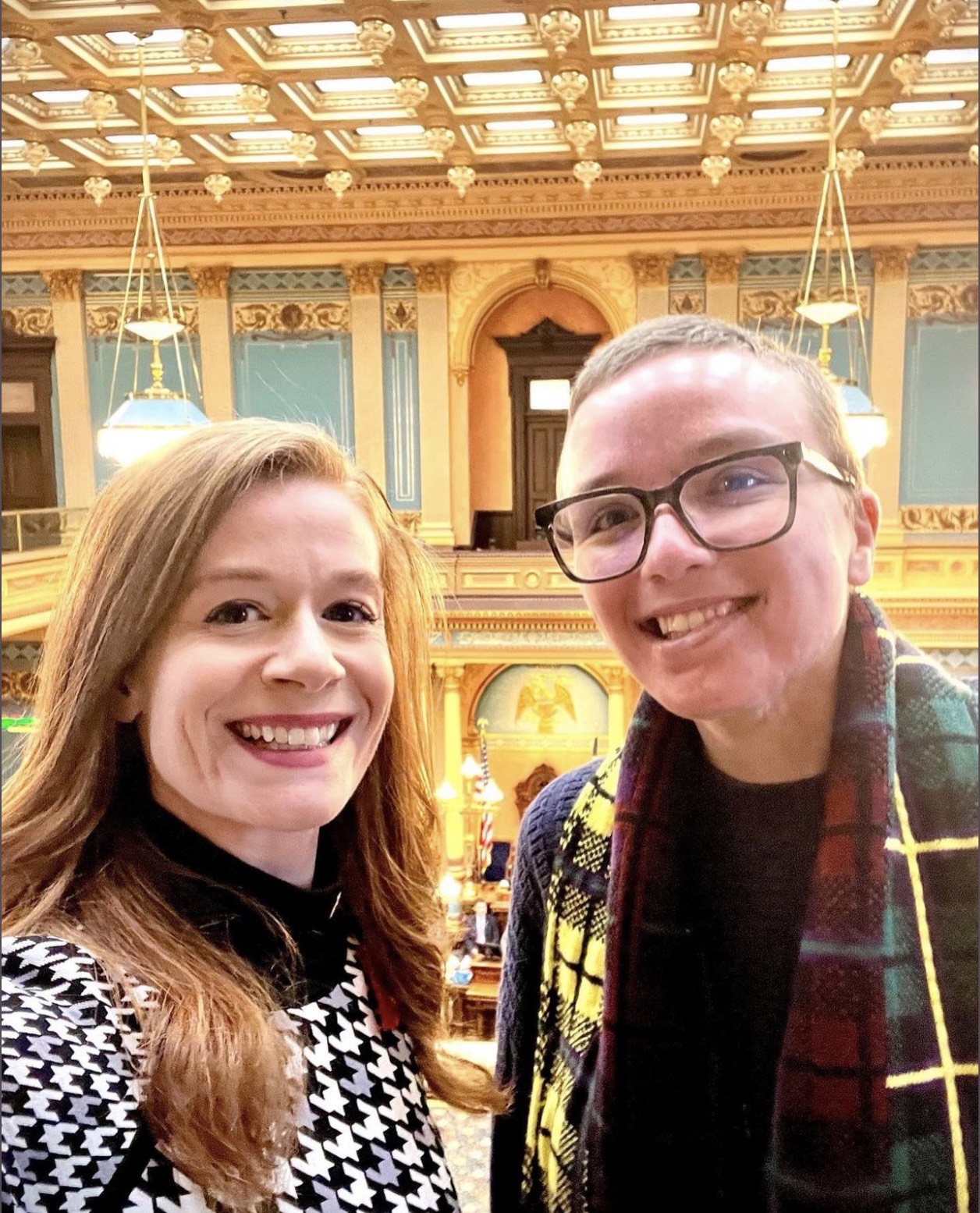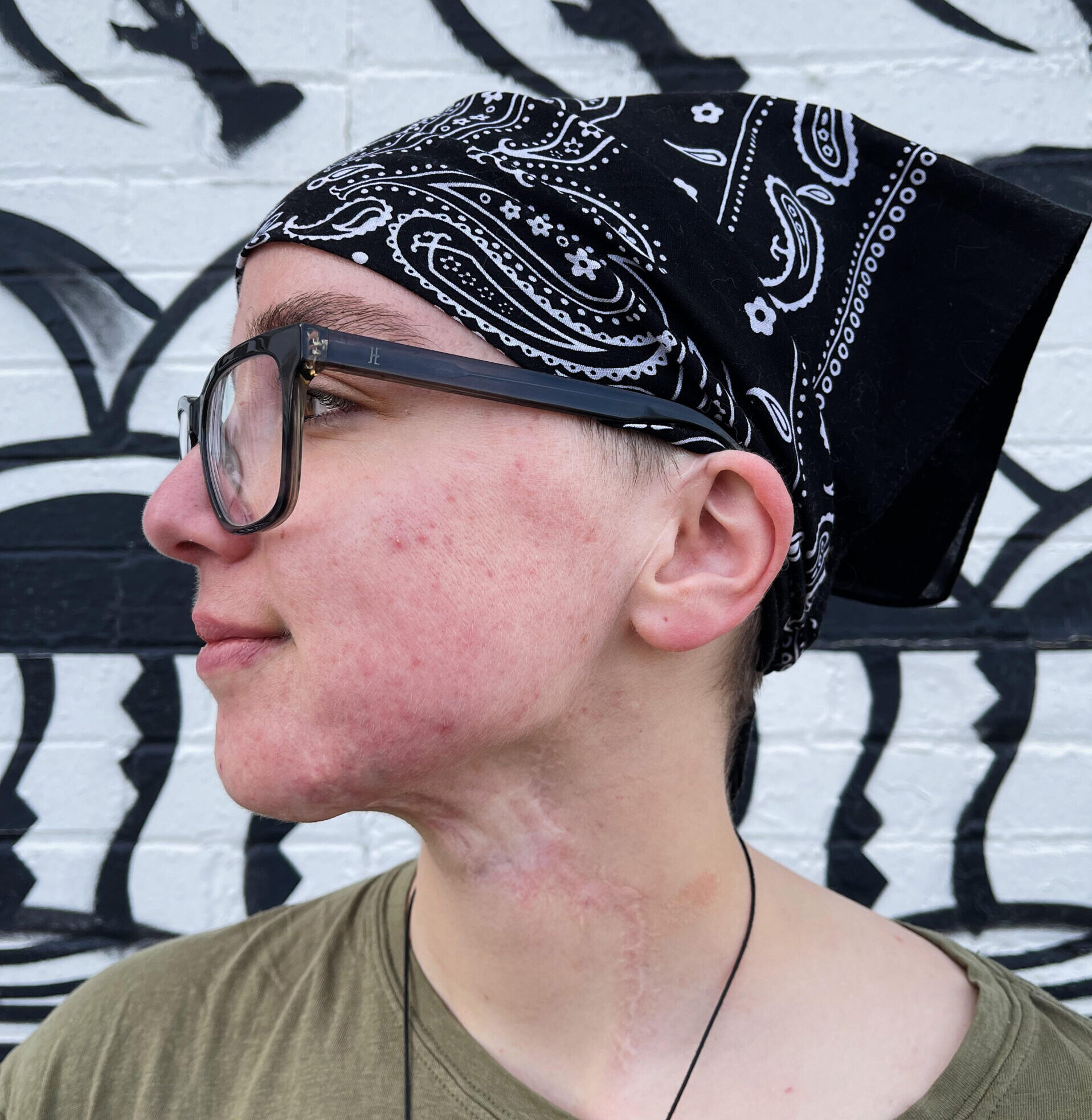Kathleen Bogart, Assistant Professor of Psychology, Oregon State University.
Making a first impression
While facial expressions aren’t the only thing that go into a first impression, they are a pretty big element. So basing our impressions of others on their facial expressions is usually an effective strategy. However, the accuracy of impressions breaks down when people encounter someone with facial paralysis. At first glance, a person with a paralyzed face may look unfriendly, bored, unintelligent, or even depressed. And indeed, people with facial paralysis are often mistakenly ascribed these characteristics.
Raising awareness can help
In a recent experiment, we found initial evidence that raising awareness improves how people perceive facial paralysis. Some participants read a few educational paragraphs about facial paralysis (much like the information in this article), and some were not given any information about facial paralysis. Next, all participants watched thin slice videos of people with facial paralysis. The participants who read the educational information rated people with facial paralysis as more sociable than those who did not read the information.
We are continuing to develop educational materials for clinicians and the general public to raise awareness and reduce bias.
In our focus groups, the most common comment from people with facial paralysis was a call for greater public awareness. They know firsthand that people are confused by their facial difference. They often wonder if they should explain it to others, but to do so every time they meet someone new would be awkward and burdensome. Widespread awareness would reduce the need to explain their condition, and would educate others to pay attention to the compensatory tactics they use to communicate their emotions.



